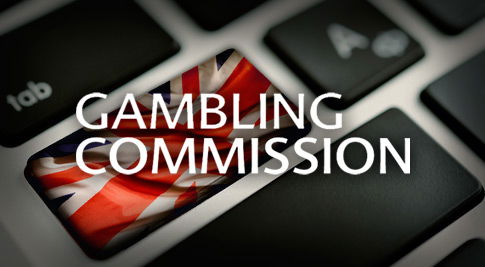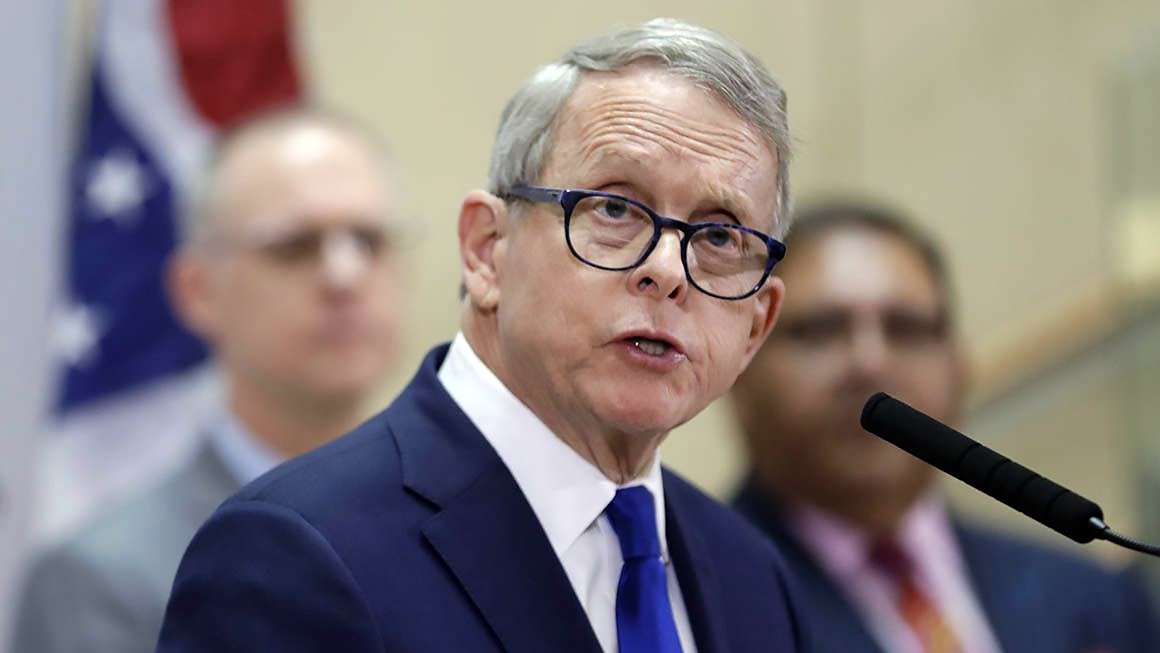London ministers urged to define ‘harmful gambling’ as officials mull TfL ad ban

Ministers are facing renewed pressure to establish a formal definition of “harmful gambling,” amid calls for the Mayor of London to move forward with a ban on betting advertisements across the capital’s public transport network.
Mayor Sadiq Khan has previously pledged to prohibit the promotion of casinos and gambling websites on Transport for London (TfL) services. However, without a clear legal definition from the Government, any City Hall policy risks a potential legal challenge, according to a My London report.
Last week, London Assembly Member Krupesh Hirani, Labour’s health spokesperson, launched a London-wide Gambling Harms Action Group to coordinate efforts between boroughs using existing local powers.
According to the Gambling Commission’s latest annual report, published on October 2, gambling participation in London remains significantly higher than the national average. Around 5.6% of Londoners experience gambling-related harm—nearly double the 2.9% national figure. Half of all Londoners gambled in the past year, and 37% did so in the last four weeks, dropping to 23% when lottery participation is excluded.
"London is on the frontline of the nation's gambling crisis, and we cannot sit back while communities pay the price," he told the Local Democracy Reporting Service (LDRS). TfL data shows the network generated almost £5 million from gambling adverts between 2018 and 2023. A spokesperson for the Mayor’s office said Khan will “urgently consider” next steps once the Government’s ongoing Gambling Act review concludes.
“The Mayor has successfully managed to ban fast food ads on TfL - he's able to do that because there's verified health guidance from Government,” Hirani, who represents Brent and Harrow, said. “The same advice does not exist for gambling.
The roundtable at City Hall included representatives from Betknowmore UK, the NHS, and local authorities. Betknowmore, a charity supporting those affected by gambling, proposed forming the new action group to share best practices on tackling gambling harms through licensing and planning policies.
"There are pockets and areas in all parts of London which are saturated with betting shops,” said Hirani. “It will hopefully mean local authorities can [identify things to] be done practically within their boroughs while we tackle the wider lobbying issue around gambling."
Last month, ministers gave councils new powers under the Pride in Place scheme to block new betting shops—a key recommendation from the roundtable.
Frankie Graham, founder and CEO of Betknowmore UK, welcomed the initiative, sharing his personal experience. "My personal upbringing brought me into contact with gambling as a young boy, and by the age of 16 years old, I had already triggered what we now refer to as gambling harms,” he said. “These remained part of my life for the following 20 years, impacting every part of my life, as well as those around me; family, friends, employers."
A spokesperson for the Mayor of London said Khan’s thoughts are “with all families and individuals impacted by gambling addiction,” adding that he will act swiftly once the government review concludes.
Moreover, a Department for Digital, Culture, Media and Sport (DCMS) spokesperson said there are no current plans to legislate restrictions, but added that the government is working with the industry and Advertising Standards Authority to make gambling advertising safer.















